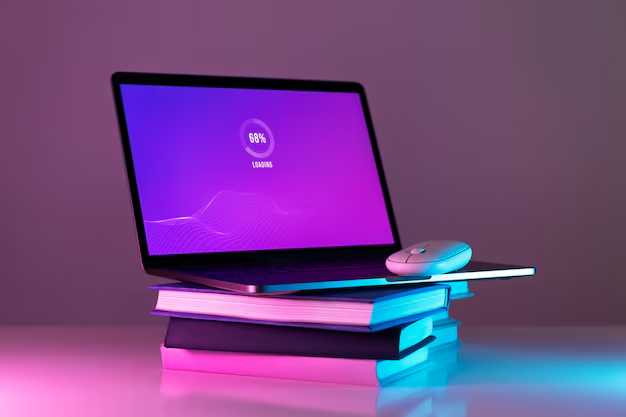
A laptop is more than just a work tool—it’s a hub for productivity, learning, entertainment, and creativity. With so many models and features available, choosing the right laptop can feel overwhelming. Whether you’re a student, professional, gamer, or casual user, knowing what to look for will help you make the best decision. This guide will walk you through the essentials of buying a smart laptop that fits your needs.
What to Consider Before Buying
- Purpose of Use
- Students: Lightweight and affordable options with good battery life.
- Professionals: Strong processors, multitasking ability, and portability.
- Gamers & Creators: High-performance laptops with advanced graphics.
- Processor (CPU)
- Determines speed and efficiency.
- Look for multi-core processors for multitasking.
- Memory (RAM)
- 8GB is good for everyday use.
- 16GB or more is ideal for heavy workloads and gaming.
- Storage Options
- HDD (Hard Drive): Larger storage at lower cost.
- SSD (Solid State Drive): Faster performance, boots up quickly.
- Battery Life
- A must for students, travelers, or remote workers.
- Look for 6–12 hours depending on usage.
- Display Size & Quality
- Compact (13–14 inches) for portability.
- Larger (15–17 inches) for work, editing, or gaming.
- Connectivity & Ports
- Check for USB-C, HDMI, and headphone jacks.
- Some laptops support docking stations for added convenience.
Product Summary: Types of Laptops
| Type | Best For |
|---|---|
| Ultrabooks | Professionals needing sleek, portable devices. |
| 2-in-1 Convertible | Students and creatives who want a tablet + laptop. |
| Gaming Laptops | Gamers and video editors needing powerful GPUs. |
| Business Laptops | Professionals requiring durability and performance. |
| Budget Laptops | Everyday users seeking affordability. |
Pros & Cons
Pros:
- Wide variety of choices for every budget.
- Portable and powerful for work and play.
- Modern laptops have strong battery life and fast SSD storage.
Cons:
- Premium laptops can be expensive.
- Heavy gaming or creative work drains battery quickly.
- Upgradability is limited in slimmer designs.
Who It’s Best For
- Students: Portable, long-battery laptops for note-taking and research.
- Professionals: Business laptops with strong performance and reliability.
- Gamers: Machines with powerful GPUs and cooling systems.
- Casual Users: Affordable laptops for browsing, streaming, and light work.
FAQs
Q1: How much RAM do I really need?
8GB works for most users, while 16GB+ is recommended for gaming or video editing.
Q2: Are 2-in-1 laptops worth it?
Yes, if you want the flexibility of using your laptop as a tablet.
Q3: Should I choose SSD or HDD storage?
SSD is faster and more reliable, but HDD provides more storage at a lower price.
Final Recommendation
The right laptop depends on your lifestyle. If you need portability, choose an ultrabook or 2-in-1 convertible. For high performance, go for a gaming or business laptop. Always balance performance, portability, and budget to find the perfect smart laptop that fits your needs.
